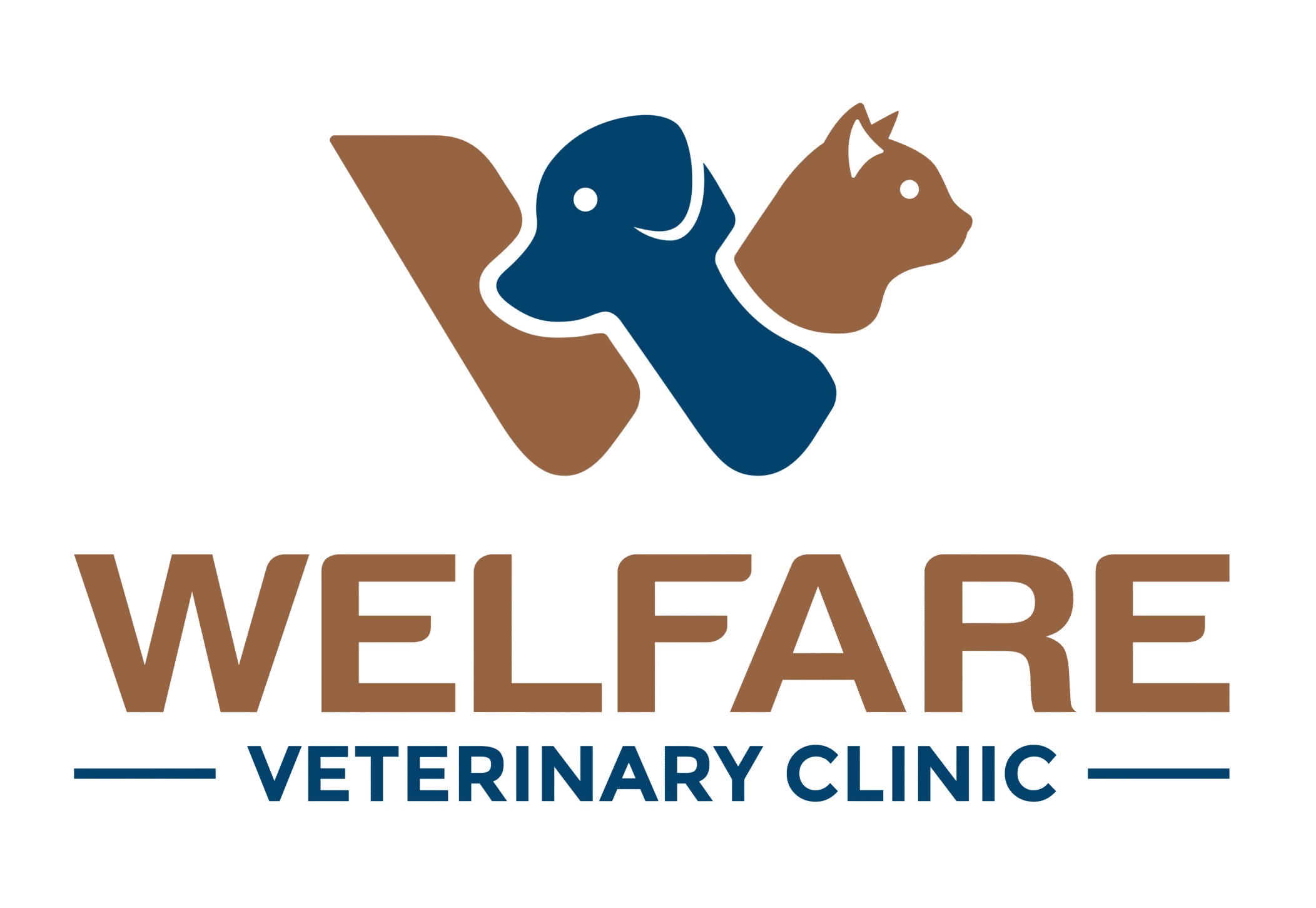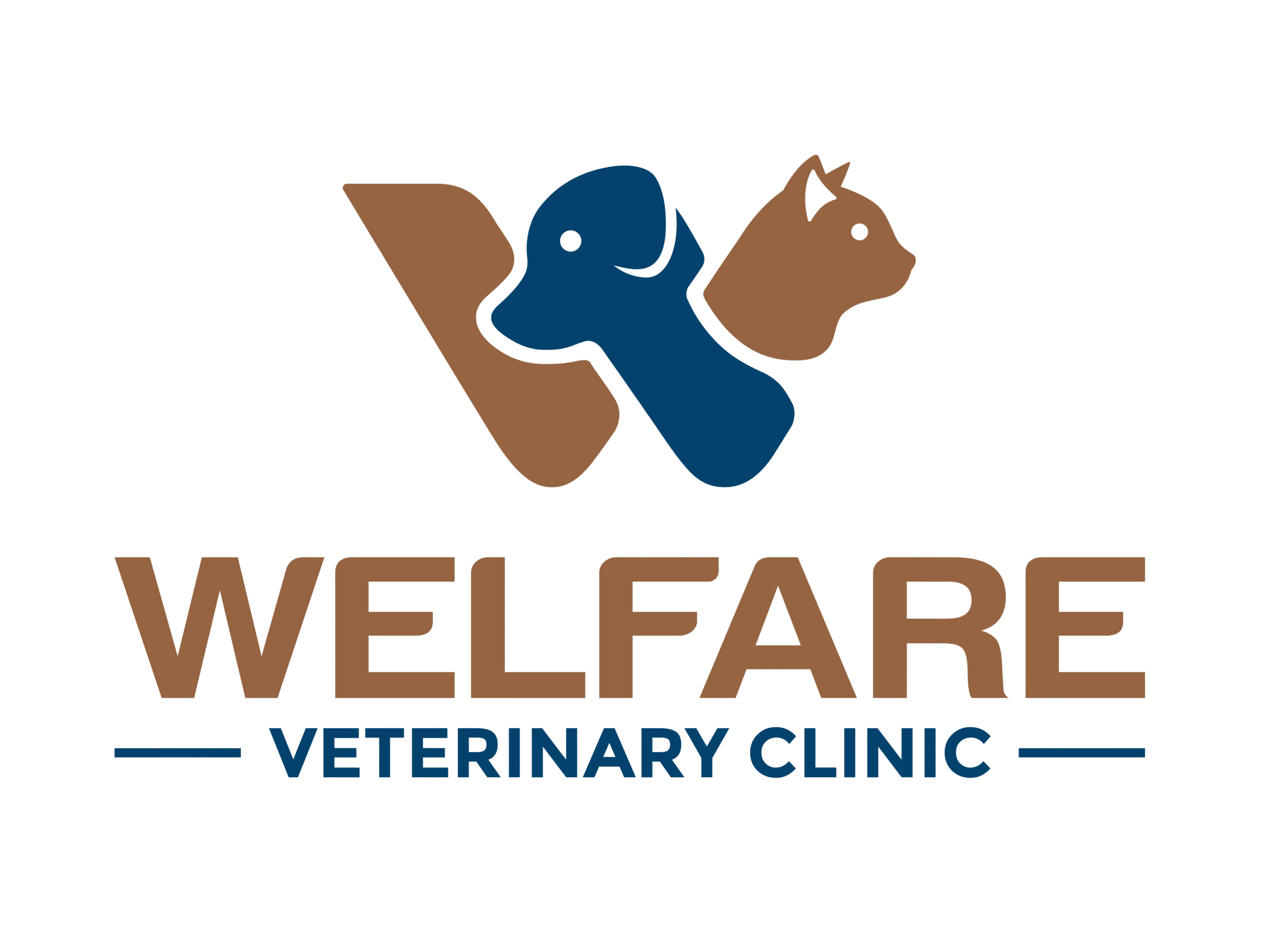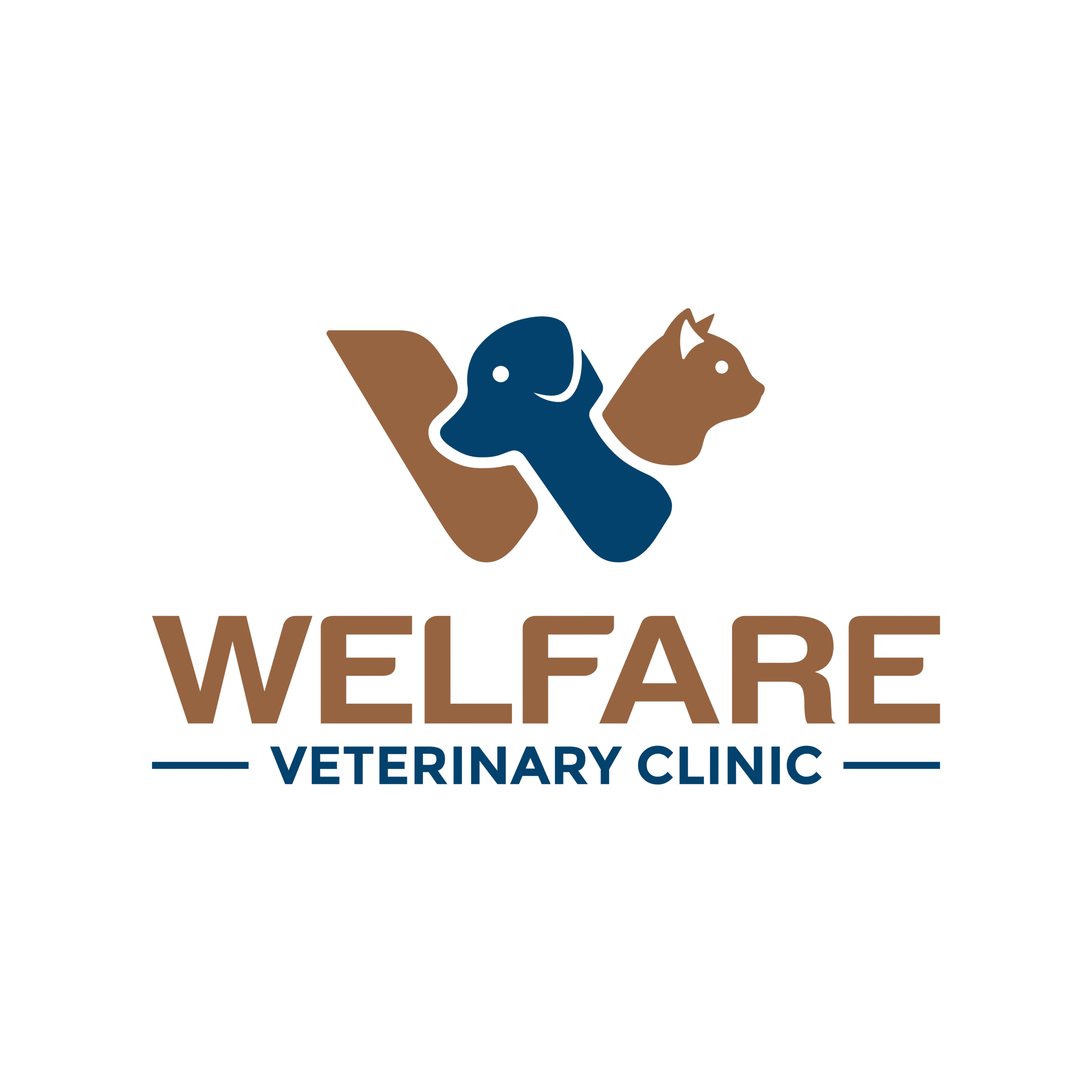
Choose Us for Pet Heartworm Tests in Abu Dhabi
Heartworm disease is a serious illness that can affect dogs and cats alike-resulting in severe lung disease, heart failure, organ damage, and even death.
Our professional veterinary staff at Welfare Veterinary Clinic in Abu Dhabi encourage preventive heartworm testing so that your pet is treated as soon as possible.
In the event that your pet has contracted heartworm disease, rest assured that our veterinarians are clinical experts in treating the illness and getting your pet back to full health.
WHAT IS HEARTWORM DISEASE AND WHAT CAUSES IT?
Heartworm disease is caused by a parasitic worm called Dirofilaria immitis which is spread through the bite of a mosquito, causing Dirofilariasis—an infection by parasites.
It is most common in dogs but can also occur in cats and ferrets.
The mosquito is the intermediate host, meaning that the worms live inside a mosquito for a short transition period in order to become infective (able to cause heartworm disease).
The worms are called “heartworms” because the adults live in the heart, lungs, and associated blood vessels of an infected animal.
The pet is the definitive host, meaning that the worms mature into adults, mate, and produce offspring while living inside the animal.
SIGNS AND SYMPTOMS OF HEARTWORM DISEASE
While there are definitive signs in advanced heartworm disease, a dog or cat may appear healthy on the outside, but on the inside, heartworms may be living and thriving.
There are four classes, or stages, of heartworm disease:
Class 1: No symptoms or mild symptoms such as an occasional cough.
Class 2: Mild to moderate symptoms such as an occasional cough and tiredness after mild activity.
Class 3: More severe symptoms of heartworm disease include a sickly appearance, a persistent cough, and tiredness after mild activity. Trouble breathing and signs of heart failure are also common. For class 2 and 3 heartworm disease, heart and lung changes are usually seen on chest x-rays.
Melarsomine dihydrochloride (available under the trade names Immiticide and Diroban) is an arsenic-containing drug that is FDA-approved to kill adult heartworms in dogs only.
It’s given by deep injection into the back muscles to treat dogs with stabilized class 1, 2, and 3 heartworm disease.
Another drug, Advantage Multi for Dogs (imidacloprid and moxidectin), is FDA-approved to get rid of microfilariae in the dog’s bloodstream.
Advantage Multi for Dogs is a topical solution applied to the dog’s skin.
Class 4: Class four is also called Caval syndrome. There is such a heavy worm burden that blood flowing back to the heart is physically blocked by a large mass of worms.
Caval syndrome is life-threatening and immediate surgical removal of the heartworms is the only treatment option.
The surgery is risky, and even with surgery, most dogs and cats with Caval syndrome will die.
Not all animals with heartworm disease develop Caval syndrome. However, if left untreated, heartworm disease will progress and damage the animal’s heart, lungs, liver, and kidneys, eventually causing death.
THE IMPORTANCE OF HEARTWORM TESTING AND PREVENTION
Our professional veterinary staff at Welfare Veterinary Clinic encourages starting heartworm testing on dogs once they are 7 months old and then once a year after that.
*Please discuss your heartworm concerns for your cats with our veterinarians as prevention and treatment differs from dogs.
Our veterinarians take blood tests to check for heartworms in your pets. An antigen test detects specific heartworm proteins, which are released by adult female heartworms into the animal’s bloodstream. Another test detects microfilariae in a dog’s bloodstream. Microfilariae in the bloodstream indicate that the dog is infected with adult heartworms (because only adult heartworms can mate and produce microfilariae).
Many products are FDA-approved to prevent heartworms in dogs and cats, but should not be given without pre-testing first. Most products are given monthly either as a topical liquid applied on the skin or as an oral tablet. Both chewable and non-chewable oral tablets are available. Another option is to inject a preventative medicine under the skin every 6 or 12 months. We firmly believe that the injection of a preventative medicine is the best option for your pet to keep them safe from heartworm disease. Contact us to discuss your dog or cat’s heartworm prevention plan in further detail!


